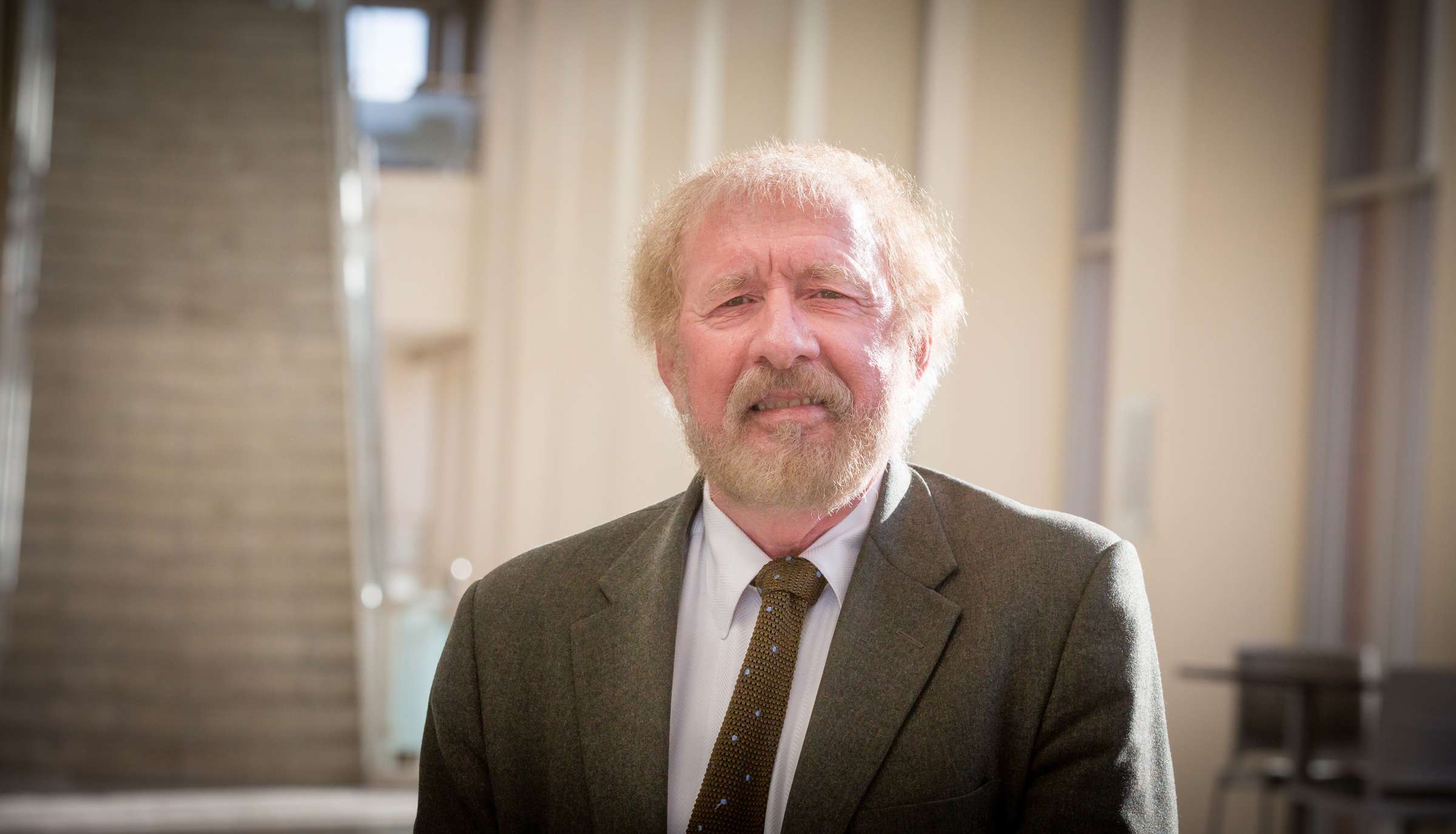
NICK GOSNELL
Hutch Post
HUTCHINSON, Kan. — The Labor Department announced Wednesday that the consumer price index, the measure that includes gasoline, groceries and rent, rose 9.1% in June from a year ago. It marks the fastest pace of inflation since December 1981. The failure of the number to fall was a surprise to Creighton University economist Ernie Goss.
"The 9.1% is of course, year over year," Goss said. "May to June was 1.1%, so that was even worse. What's happening is the downturn in commodity prices has yet to hit the CPI. I do expect that to hit later on this quarter, or perhaps no later than the fourth quarter."
Are we officially in stagflation, which is persistent high inflation combined with high unemployment and stagnant demand in a country's economy? Goss thinks so.
"It looks like it's stagflation to me," Goss said. "The economy is slowing down. The Atlanta Fed, as we talked about last time, their GDP now estimate says that GDP declined in the second quarter. We won't get the official numbers until later on this month. According to the Atlanta Fed, the GDP declined. That would be a recession."
Goss notes that labor productivity is declining because the supply chain is not matching up with the workers and they are having to stand around waiting on materials to come in or go out. Goss said conditions are much the same as they were in 1981.
"What happened 40 years ago is Paul Volcker, head of the Federal Reserve, said I'm going to conquer inflation, come hell or high water," Goss said. "That's what he did. He raised interest rates and he raised it despite the economic slowdown, what he knew he was doing and knew was going to happen was a recession. That is what happened. We did go into recession and he was successful in bringing down inflation. That's what we're likely to see this time. Jay Powell, head of the Federal Reserve this time is raising rates, the Open Market Committee is raising rates. They will continue to raise rates until they know they've conquered inflation."





